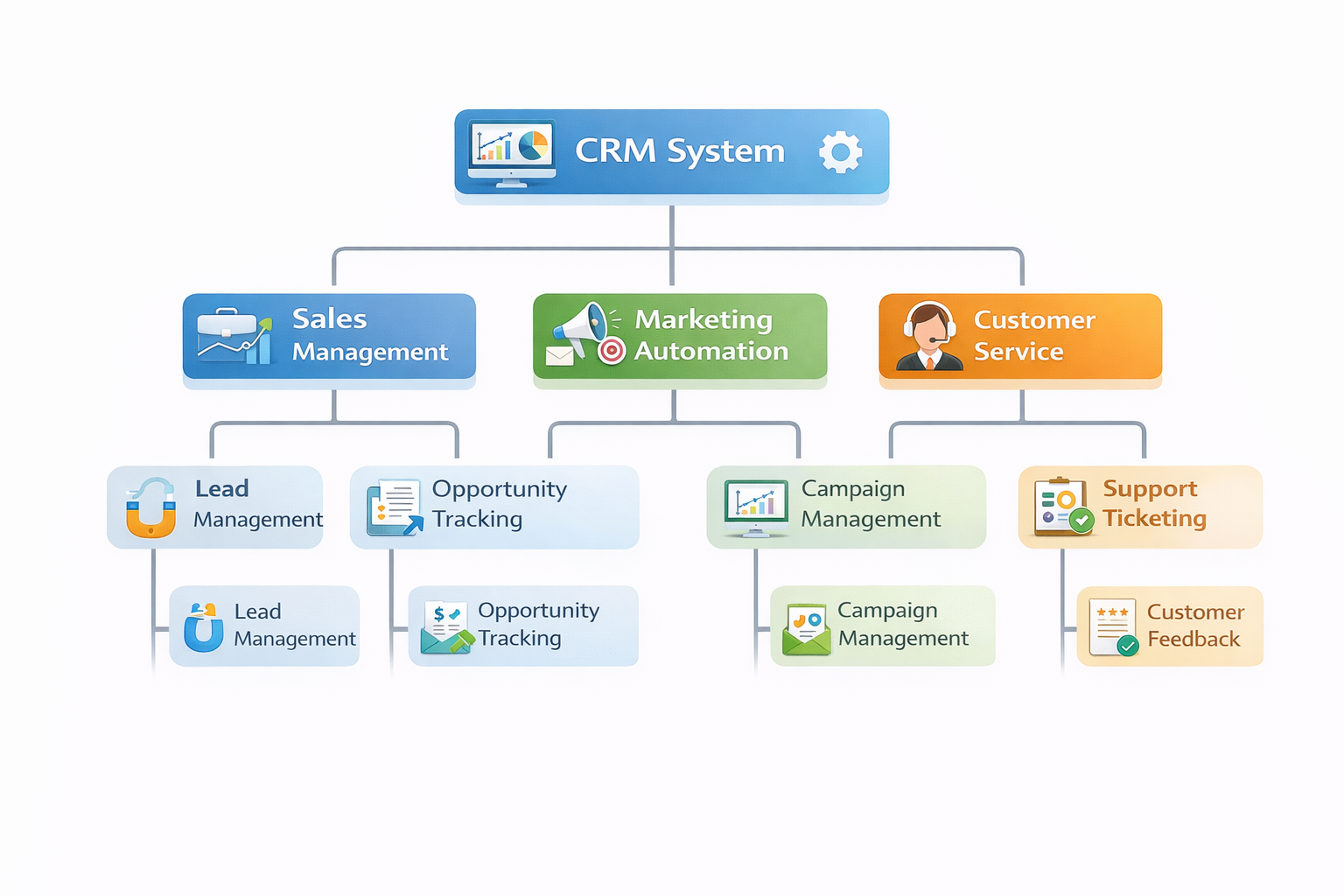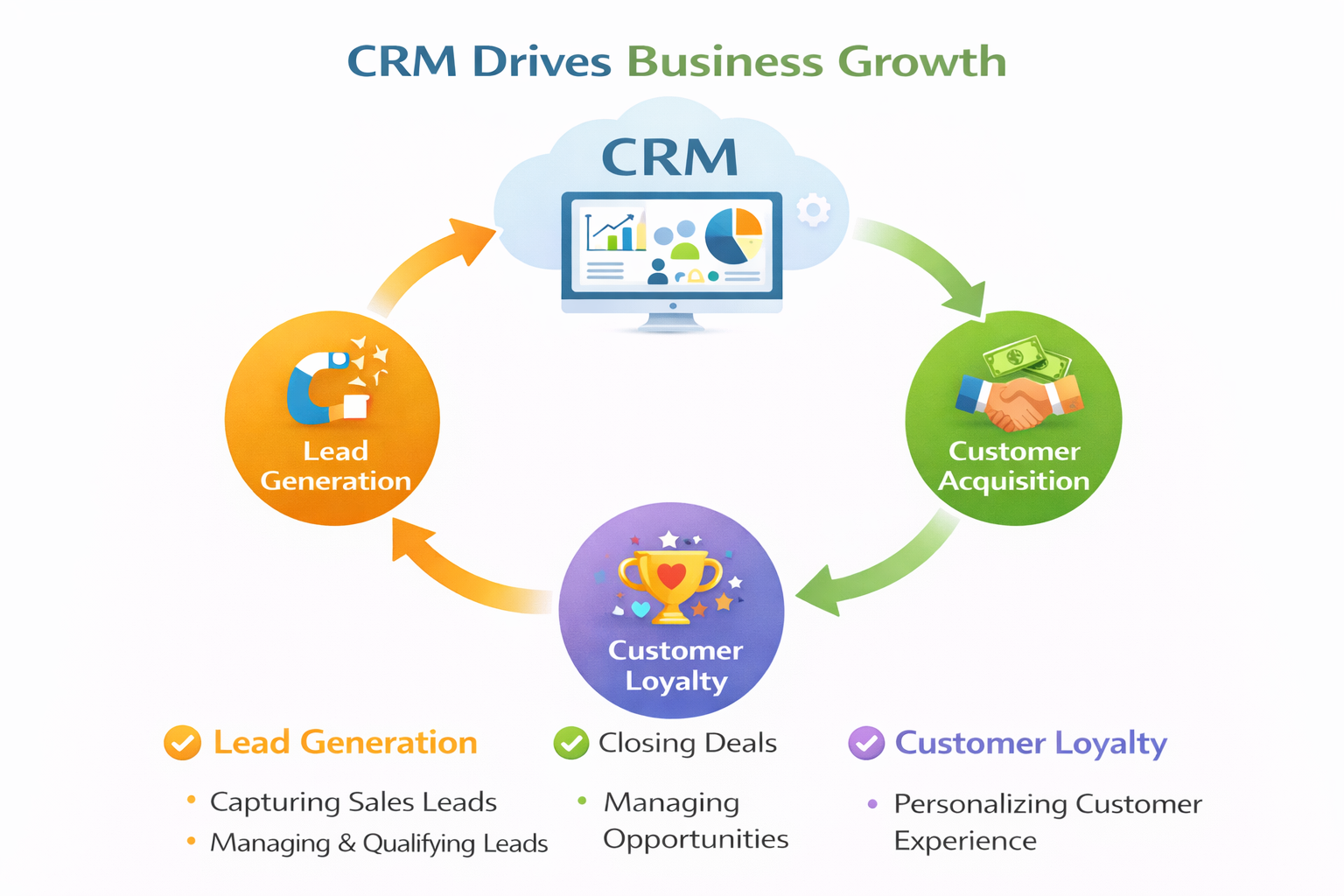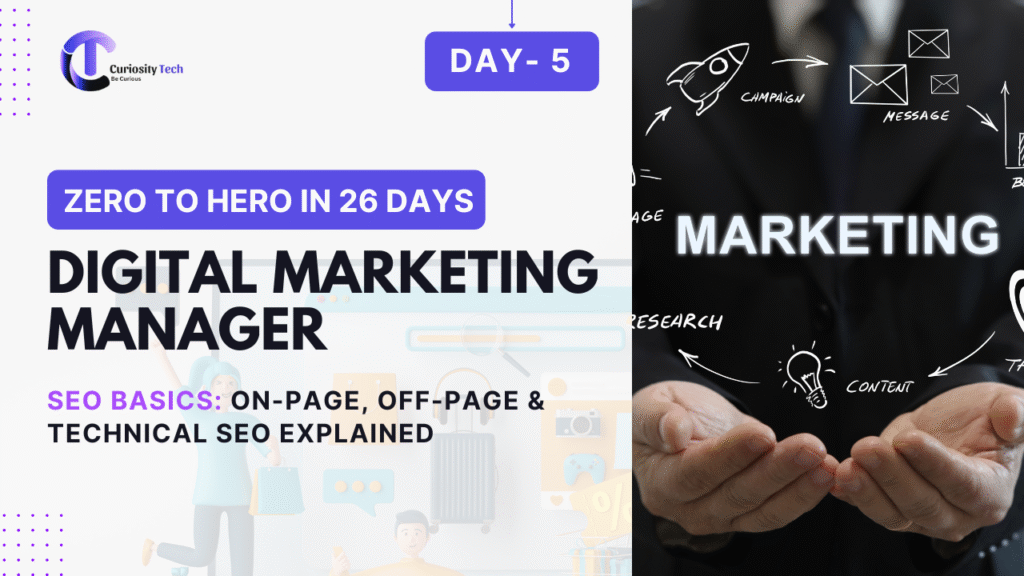In today’s hyper-competitive business environment, understanding your customers is not just an advantage—it’s a necessity. This is where Customer Relationship Management (CRM) tools come into play. CRM tools have evolved far beyond simple contact management systems; they are now integral to marketing, sales, customer service, and strategic decision-making. At Curiosity Tech, we’ve seen firsthand how businesses that leverage CRM effectively can build stronger customer relationships, streamline processes, and boost profitability.
What is CRM?
At its core, Customer Relationship Management (CRM) is a strategy and technology that helps businesses manage interactions with current and potential customers. The goal of CRM is simple: improve business relationships to drive growth, retention, and long-term loyalty.
CRM systems collect, store, and analyze customer information such as purchase history, communication patterns, and preferences. This data is then used to personalize interactions, anticipate customer needs, and enhance overall customer satisfaction.
Key Components of CRM Tools
Modern CRM platforms are multifaceted. Here’s a breakdown of their essential components:
| Component | Purpose | Example Features |
| Contact Management | Centralized repository of customer information | Name, email, phone, social profiles |
| Sales Automation | Streamline and track sales processes | Lead scoring, pipeline management, follow-up reminders |
| Marketing Automation | Automate marketing campaigns and track effectiveness | Email campaigns, social media integration, analytics |
| Customer Service | Enhance post-purchase support and customer satisfaction | Ticketing systems, live chat, knowledge bases |
| Analytics & Reporting | Transform data into actionable insights | Sales trends, marketing ROI, customer retention metrics |
| Integration Capabilities | Connect with other tools like ERP, social media, or email platforms | Zapier integrations, API access, cross-platform data synchronization |
These components work together to create a unified view of the customer, which is essential for making informed decisions.
Benefits of CRM Tools
- Enhanced Customer Relationships – CRM systems allow businesses to provide personalized experiences by tracking customer interactions and preferences.
- Improved Sales Efficiency – Sales teams can focus on high-value prospects, track deals in real-time, and close deals faster.
- Data-Driven Decisions – Analytics tools within CRMs help businesses identify trends, measure performance, and forecast growth.
- Automated Processes – Repetitive tasks such as follow-up emails, scheduling calls, and reporting can be automated, freeing up valuable time.
- Increased Customer Retention – Timely engagement, loyalty programs, and proactive support reduce churn rates.
Hierarchical Diagram Suggestion
To visualize CRM structure, a hierarchical diagram can be created like this:

This diagram represents the interconnected nature of CRM components and highlights how each function supports overall customer relationship strategies.
Popular CRM Tools
The market offers a wide variety of CRM platforms, each tailored to specific business needs:
- Salesforce – A leading cloud-based CRM known for its robust customization and scalability.
- HubSpot CRM – Offers a free, user-friendly platform ideal for small to medium-sized businesses.
- Zoho CRM – Affordable, with extensive automation features and integration capabilities.
- Microsoft Dynamics 365 – Strong for enterprises needing integrated ERP and CRM solutions.
- Pipedrive – Focused on visual sales pipelines and sales team collaboration.
How Curiosity Tech Leverages CRM
At Curiosity Tech, we integrate CRM solutions to enhance both internal and external processes. Our team emphasizes:
- Centralized Customer Data – Consolidating client data to ensure every interaction is informed.
- Automated Communication – Timely email reminders, follow-ups, and feedback collection.
- Real-Time Reporting – Tracking campaign performance and customer satisfaction metrics.
- Seamless Integration – Connecting CRM with social platforms like LinkedIn, Instagram, and Facebook to maintain omnichannel presence.
By adopting these CRM best practices, we ensure that businesses can deliver personalized, efficient, and proactive services.
Infographic Suggestion

This visual makes it easier for readers to understand how CRM drives business growth from lead acquisition to long-term loyalty.
Conclusion
CRM tools are no longer optional—they are vital for modern business success. They allow companies to centralize customer data, automate processes, and provide a truly personalized customer experience. From startups to large enterprises, leveraging the right CRM strategy can lead to increased sales, improved retention, and measurable growth.
At Curiosity Tech, our goal is to empower businesses with the knowledge and tools to implement effective CRM strategies. By combining data insights, automation, and human-centric engagement, businesses can foster stronger relationships that last. Whether it’s enhancing marketing campaigns, streamlining sales processes, or improving customer support, CRM is the backbone of sustainable growth.

